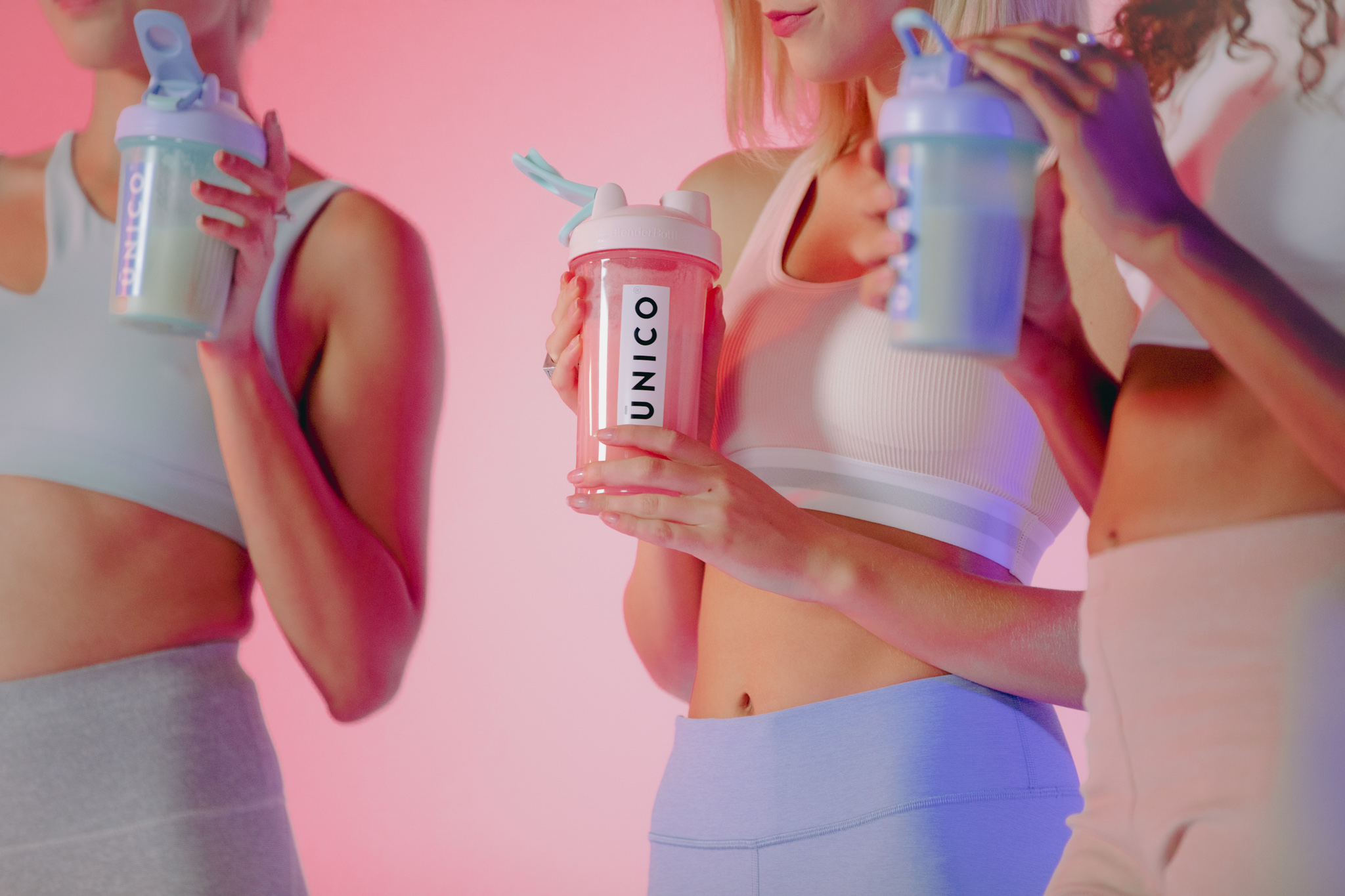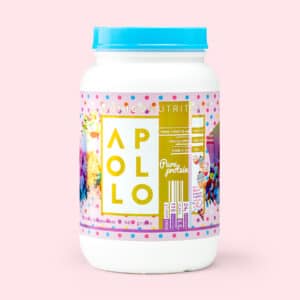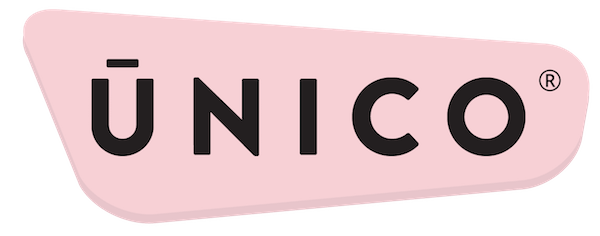You were finally able to make your way to the gym and able to get in a great workout. You felt the burn and know that your muscles will be feeling heavy tomorrow!
But what now?
What do you need to eat and drink after your workout to maximize your gains?
Is there a way to prevent soreness in your muscles tomorrow?
Let’s take a look at a few science-backed tips to help you recover from your workout.

1. Get Your Hydration Right.
Now, we all know that drinking water is a very important key to being healthy.
After all, our bodies are composed of up to 60% of water.
But did you know that water composes 79% of your muscles and kidneys?
Water also plays a large role in helping your body regulate its temperature.
As the body’s temperature rises with exercise it triggers the sweat response.
This then evaporates causing the body to cool.
Drinking plenty of water after a vigorous workout can help the body cool itself as well as replenish water lost to sweating.
Dehydration has been shown to lead to delayed-onset muscle soreness.
With that in mind, you can understand the importance of hydrating after a vigorous workout routine.
2. It’s all About Timing.
After a hard workout, the body has used all of the muscle’s stored glycogen which is used for energy.
What is glycogen, you ask?
Good question! Glycogen is stored glucose (or sugar) in the body’s muscles.
It is used to make energy which allows you to finish your hard work out.
Once all the glycogen is used, you will begin to feel fatigued and sore.
That’s because your body will rely more heavily on converting existing muscle to amino acids and stored body fat to lipids to use as fuel.
Neither of these processes delivers energy the same way that glycogen does!
This is why it is important to replenish these crucial fuel stores by eating within 2 hours of finishing your exercise routine.
3. Eat Protein and Carbohydrates.
Finding the best post-workout snack or meal can be one of the trickiest decisions.
What should you eat to get the most from your workout?
There are many varieties of protein shakes and bars, which can be a good way to get some quick protein in immediately post-workout.
Tip: be sure to look for products using protein isolate if you are looking to build lean muscle.
After your post-workout shake, (amino acids can be great immediately post-workout as well), you are going to want to get a square meal in.
Immediately after a workout is undoubtedly one of the best times to drink a protein shake.
Consuming a post-workout snack or meal consisting of protein and carbohydrates can help prevent later fatigue and muscle stiffness.
It will also help your body re-build and recover so that you are ready to tackle your next workout.
Let’s dig into the importance of both protein and carbohydrates and why they are key parts of a post-workout meal.
Protein
Protein is an important macronutrient in the body.
It is composed of something called amino acids which help build up the muscle.
This is vital after a hard workout to help repair muscles and prevent future soreness.
It has been indicated that consuming 0.2-0.5g/kg of protein (or 0.09g-0.23g /pound) is adequate.
It is important to keep in mind that these values can vary for body builders or professional athletes.
Some food examples of good protein sources include:
- Eggs
- Dairy like Greek Yogurt
- Whey & Casein Protein Powder
- Lean Meats & Fishes
What if I am a vegetarian?
There are many other types of protein that can serve those with speciality diets or allergy considerations.
For example, soy and pea protein powder are good if you are unable to consume fish or dairy.
One thing to keep in mind with plant-based proteins is that they are not all a “complete protein.”
By that I mean that it does not contain the essential amino acids that our body needs and is unable to provide on its own.
To help with this, you can combine different vegan protein sources to create a complete protein.
For example:
- Black beans and rice
- Hummus and pita
- Peanut butter sandwich on whole wheat bread
Tip: Superfoods like chlorella and spirulina can be excellent post-workout options. Both of these types of algae provide protein along with compounds that reduce inflammation, which can kick-start recovery.
Carbohydrates
How many carbohydrates to consume post workout can vary as it truly depends on the intensity of your workout.
Remember with carbohydrates, you are trying to replenish the glycogen that was used during exercise.
If you have a light or moderate exercise routine you may only need 3-7g/kg (or 1.4g-3.2g / pound) of carbs.
However, if you have a high intensity workout you may need 6-12g/kg (or 2.7g-5.4g /pound) of carbohydrates.
This does differ from person to person so it is important to find what works best for you and your gym routine.
Post-Workout Meal/Snack Examples
- Peanut butter/apple and banana
- Fruit and yogurt
- Whole grain wrap with lean meat
- Scrambled eggs with veggies and toast
- Smoothie made with yogurt and berries
Healthy green vegetables are also a good idea post workout to provide some of the vitamins and other micronutrients that support your recovery.
4. Do Some Active Recovery
So, what exactly is “active recovery?”
You may have heard of the “cool down” phase in your workout routine or as a part of your treadmill’s virtual trainer simulation.
Active recovery is very similar in that it is a low intensity exercise for about 20 minutes after your workout.
This activity is not meant to be intense but light such as walking or swimming.
The goal is to use the same muscles that were focused on during your exercise regimen.
This light exercise allows them to “cool down” and decreases fatigue by continuing blood circulation to those areas.
Cold Water Therapy
So, you have just finished your workout.
Are you feeling up to jumping into a nice freezing bath?
Studies are showing that cryotherapy (cold-water immersion) can help reduce muscle soreness.
While this area is still growing in research, the logic is that cold baths will help reduce tissue breakdown.
Research is also showing that there can be a beneficial psychological factor to taking an ice bath post exercise which leaves you feeling better.
5. Consume Fatty Acids
What exactly is a fatty acid, anyways?
Just like amino acids are the building blocks of protein, fatty acids are the building blocks of fat in the body.
While there are bad fats that can cause increases in cholesterol, there are also good fats that can be beneficial such as omega-3 and omega-6 polyunsaturated fatty acids.
Omega-3 fatty acids can help with minimizing inflammation which is a variable leading to soreness in muscles.
It is also noted that 3-6g of Omega-3 fatty acids can help reduce soreness in participants.
Similar to how cold therapy has other mental benefits, so too do Omega-3s.
Research has shown that omega-3s are essential to improving mental health, and it is one of the best nutrients for reducing anxiety and depression.
So take your Omegas to help recover physically, and mentally!
Summary
- Don’t forget to hydrate. This is one of the easiest tips and therefore it can be overlooked. Something so simple can have a large impact.
- Timing, timing, timing. Have a game plan for when you finish your workout. It is much easier to eat in the appropriate time window if you do a little meal prep before your workout. No one wants to be in the position of hunting for food when you are exhausted.
- Protein and carbohydrates can help you feel great (post-exercise). Cheesy, I know but it is especially important to plan in this area. Remember, you are looking for complete proteins and you may need to pair proteins that complement one another to create the complete protein you are looking for. Aim for 0.2-0.5g/kg of protein and 3-12g/kg of carbohydrates (depending on exercise intensity).
- Take time to allow your muscles to cool down. This does not have to be long; 20 minutes is fine.
- Consider consuming Omega-3 polyunsaturated fatty acids to help prevent soreness post exercise. Current studies are indicating 3-6g/kg of body weight.
Recommended Reading:
- The Best Liquids to Mix Your Protein Powder Into - January 31, 2023
- What is a Caloric Surplus? Plus, Why Your Diet Isn’t Working.. - October 17, 2022
- How Much Protein Do I Need Per Day? A Dietitian’s POV - July 26, 2022

